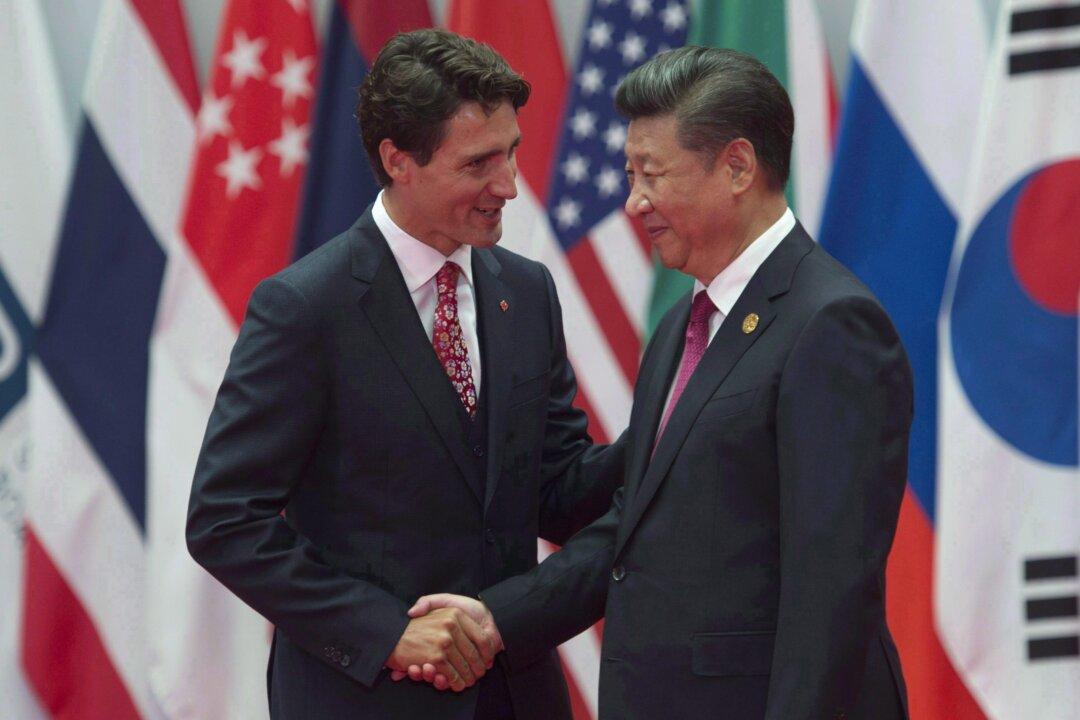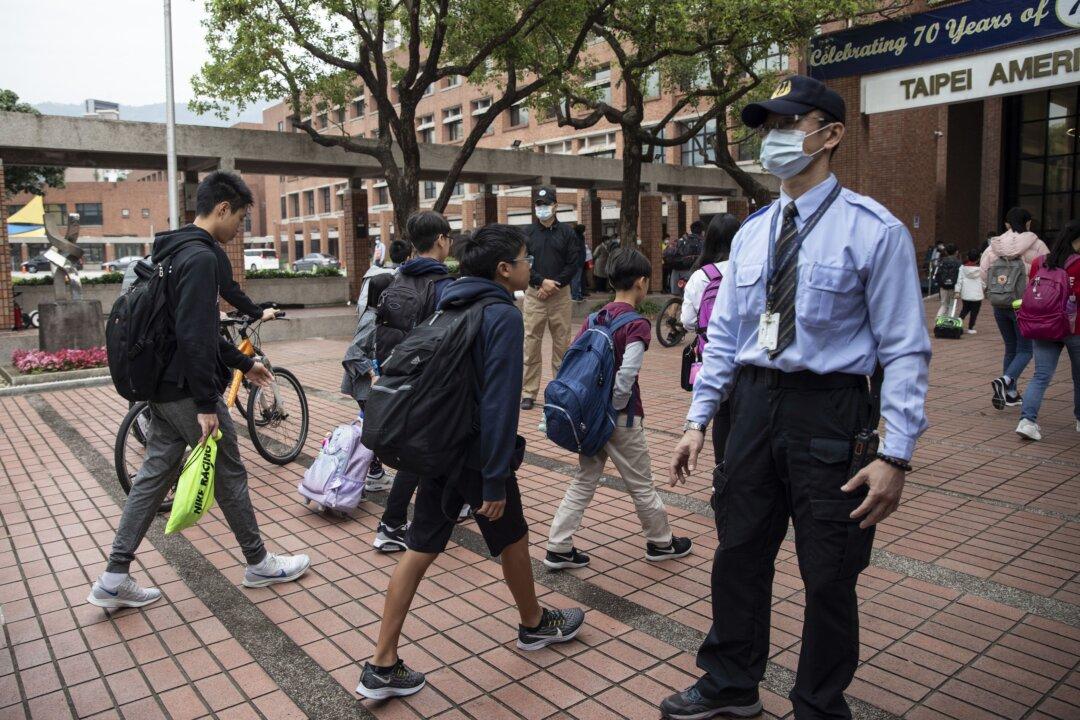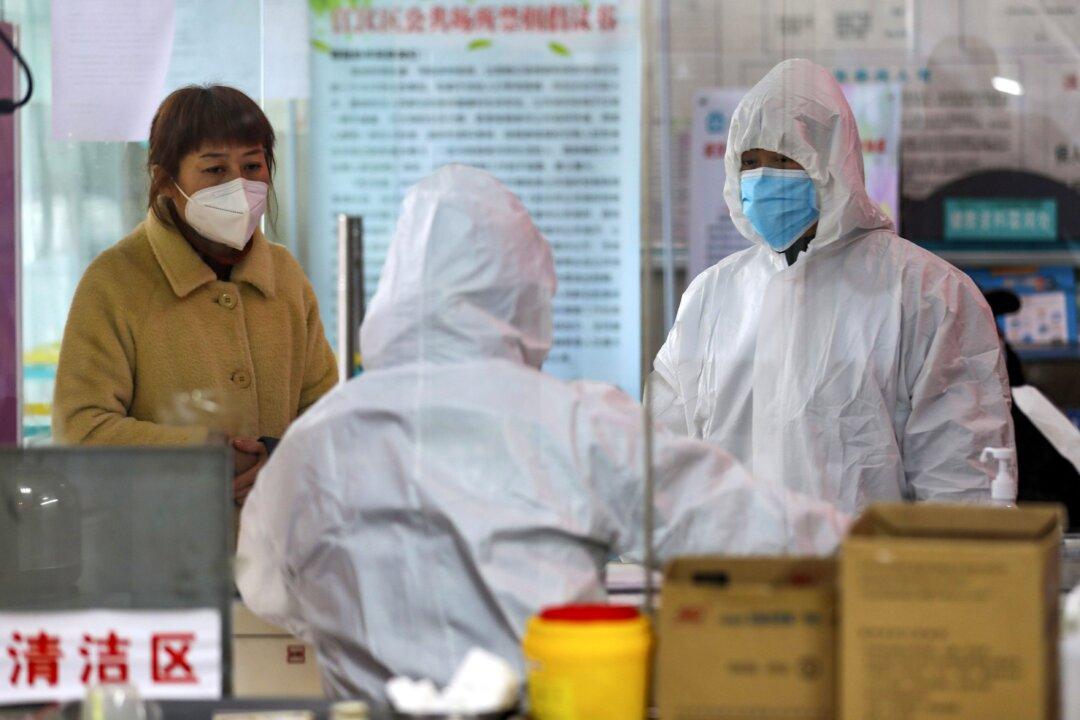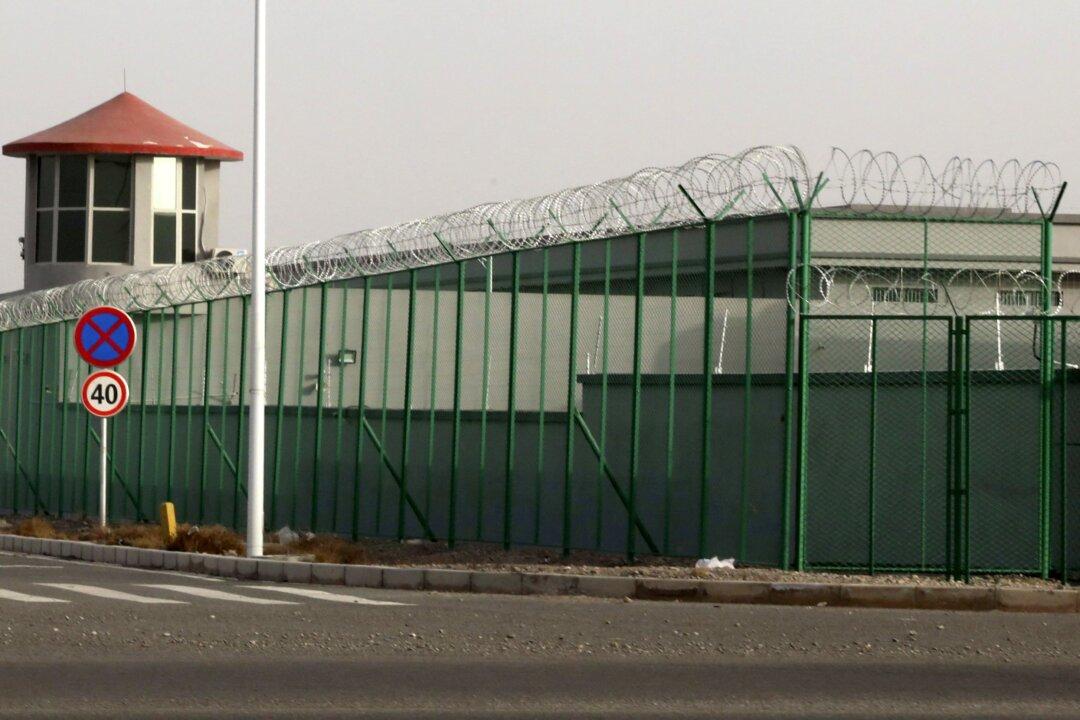Canada’s Prime Minister Justin Trudeau concluded a visit to China recently, but it failed to launch anticipated negotiations for a Free Trade Agreement (FTA). This appeared to result in part from his voicing of the Canadian commitment to the rule of law, a clean environment, media freedom, gender equality, and our Charter of Rights and Freedoms.
Canadians who understand China’s economy were much relieved by the turn of events. Jonathan Manthorpe of Vancouver has described Beijing state capitalism as a variation of a Ponzi scheme: “A local government without a functioning system for raising tax revenue and riddled with corruption sells development land to garner cash (first getting rid of farmers living on the land)…the municipality has the power to instruct banks to lend the development company the money for the sale. So the local government gets its cash, the municipally-owned company gets to build a speculative residential or industrial complex, and all seems well.”





